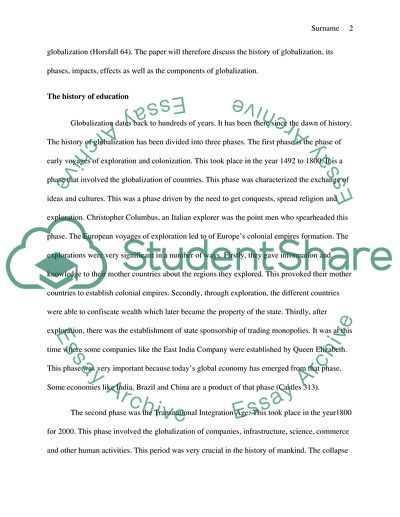Cite this document
(“Contextualization of Development Essay Example | Topics and Well Written Essays - 2250 words”, n.d.)
Retrieved from https://studentshare.org/social-science/1680893-contextualization-of-development
Retrieved from https://studentshare.org/social-science/1680893-contextualization-of-development
(Contextualization of Development Essay Example | Topics and Well Written Essays - 2250 Words)
https://studentshare.org/social-science/1680893-contextualization-of-development.
https://studentshare.org/social-science/1680893-contextualization-of-development.
“Contextualization of Development Essay Example | Topics and Well Written Essays - 2250 Words”, n.d. https://studentshare.org/social-science/1680893-contextualization-of-development.


